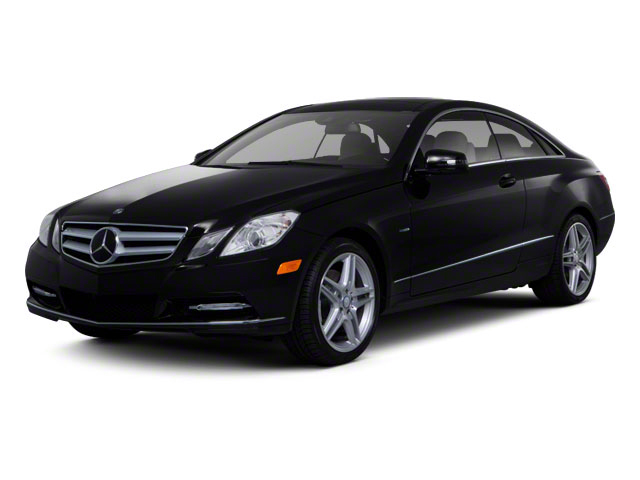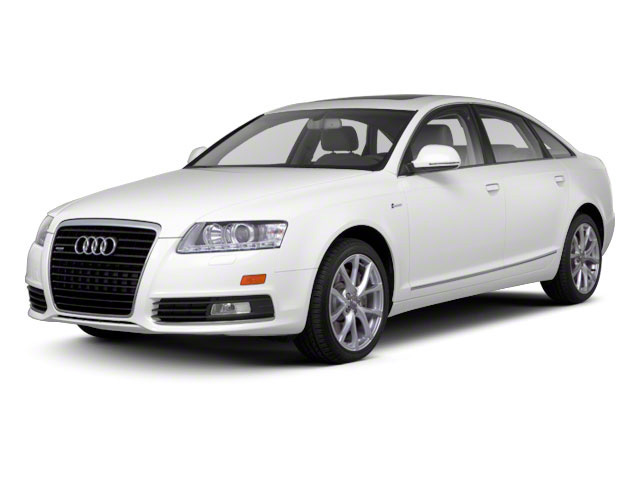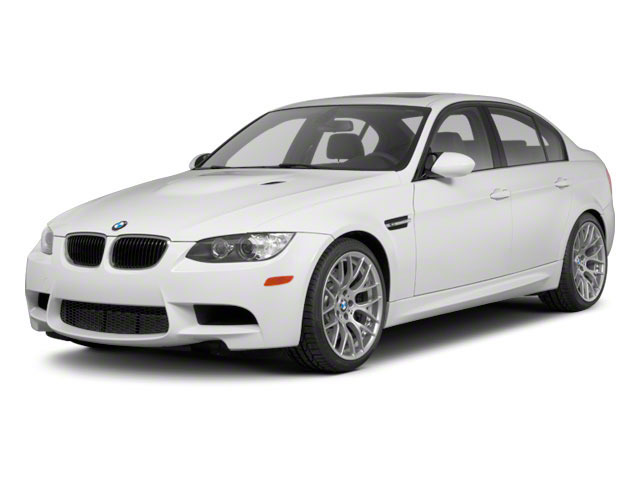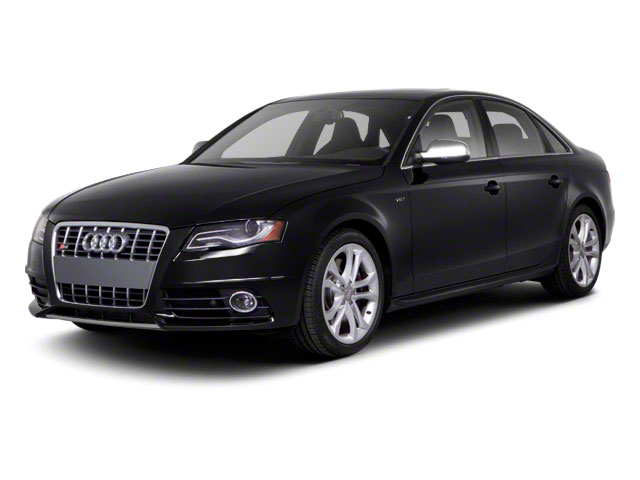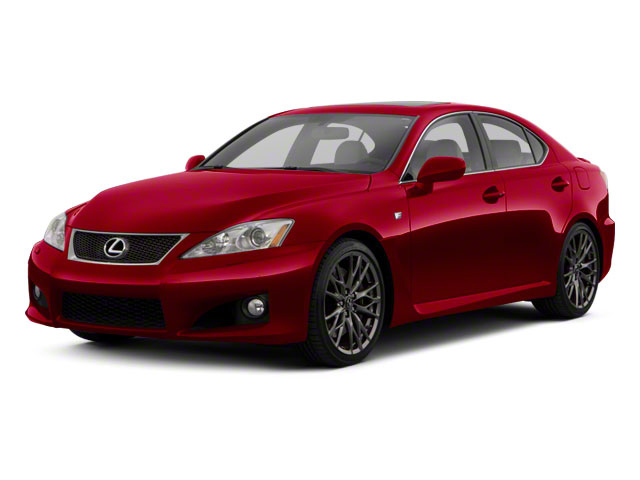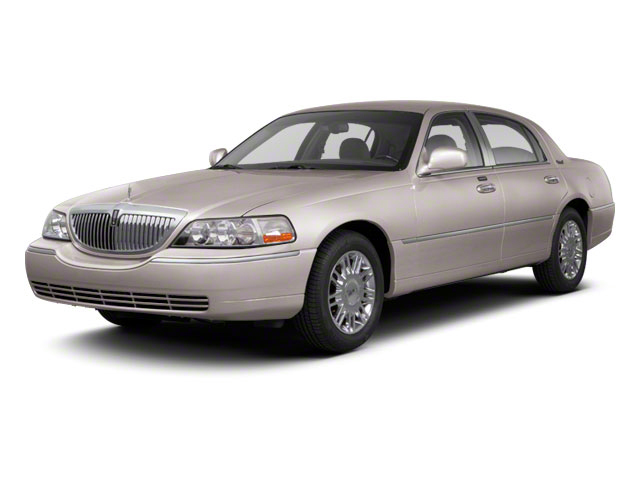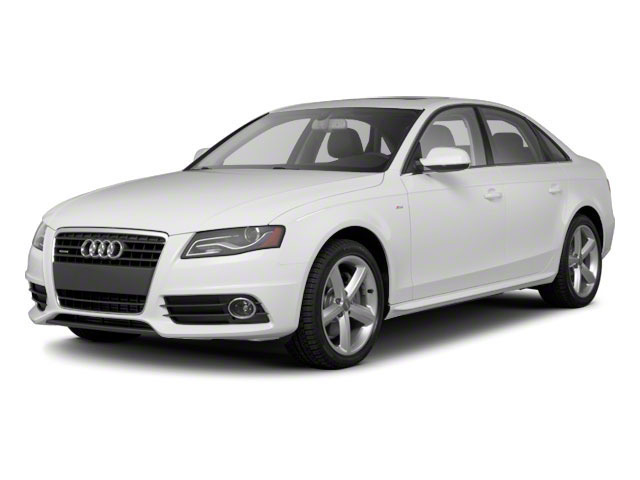
2010 Jaguar XF

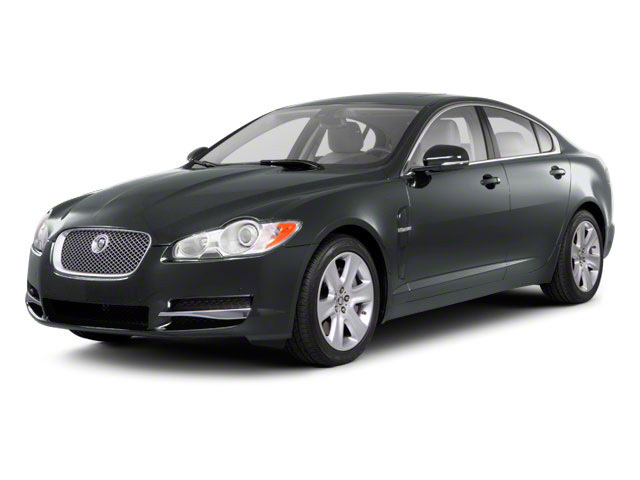
Key Specifications for 2010 Jaguar XF






Buyer’s Guide
NEW FOR 2010:
- New XFR model replaces XF Supercharged
- Two new V8 engines
- Premium Luxury model adds standard heated and cooled front seats, bi-xenon headlamps, Blind Spot Monitor and rear camera park aid
- Available Portfolio Pack on XF Premium Luxury
An all-new model for 2009, the Jaguar XF undergoes several changes for 2010. Two new engines are a naturally-aspirated 5.0-litre V8 in the XF Premium, and a supercharged 5.0-litre V8 in the new XFR, which replaces the previous XF Supercharged. The Premium Luxury model adds several few features, including a blind spot monitor, heated and cooled seats, and bi-xenon headlamps.
The XF is Jaguar's entry-level series. It includes the XF, XF Premium, XF Premium with Portfolio Pack, and new XFR. The XF uses a 4.2-litre V8 engine carried over from 2009, while the XF Premium uses a new 5.0-litre V8 engine; the XFR carries a supercharged 5.0-litre V8. All use a six-speed automatic transmission with manual shift mode and wheel-mounted paddles, and an unusual rotary gear selector that is flush-mounted when the engine is shut off, and rises up when the car is started. It's part of a "come alive" theme that includes a flashing red starter button, climate vents that close flush when the car is turned off, and proximity-sensing or touch controls for the overhead console lights and glovebox release.
Features on the XF include 18-inch alloy wheels, automatic climate control, cruise control with automatic speed limiter, electronic parking brake, heated auto-dimming mirrors with integrated turn signals and puddle lamps, rain-sensing wipers, LED taillights, power sunroof, rear parking assist, acoustic laminated windshield, tire pressure monitoring system, alarm system, power tilt and telescopic leather-wrapped steering wheel, auto up/down windows, auto-dimming rearview mirror, garage door opener, driver information centre, keyless ignition, ten-way power heated Bond Grain leather seats with two-position driver memory, 60/40 split-folding rear seat, Bluetooth connectivity, navigation system, six-CD/MP3 stereo with auxiliary input and Sirius satellite radio, full-colour touch-screen display, automatic headlamps with manual levelling, and front and rear carpet floor mats.
The XF Premium adds 19-inch alloy wheels, Jaguar Drive Control with dynamic mode, blind spot monitor, bi-xenon headlamps with cornering lights, washers and automatic levelling, front parking assist with rearview camera, electric rear sunshade, Smart Key system, and heated and cooled soft-grain leather seats. The optional Portfolio Pack adds soft-grain leather door panels, "suede cloth" headliner, ebony trim and premium carpet mats.
The XFR adds 20-inch alloy wheels, Adaptive Dynamics, active differential control, rear spoiler, hood louvers, 18-way driver and 14-way passenger power heated and cooled R soft-grain leather seats, premium carpet mats, "suede cloth" headliner, and Bowers & Wilkins 440-watt surround sound system.
Review & Compare:
Photos

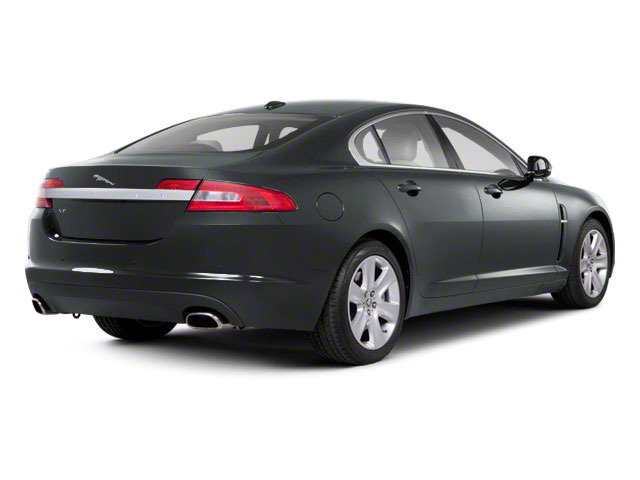
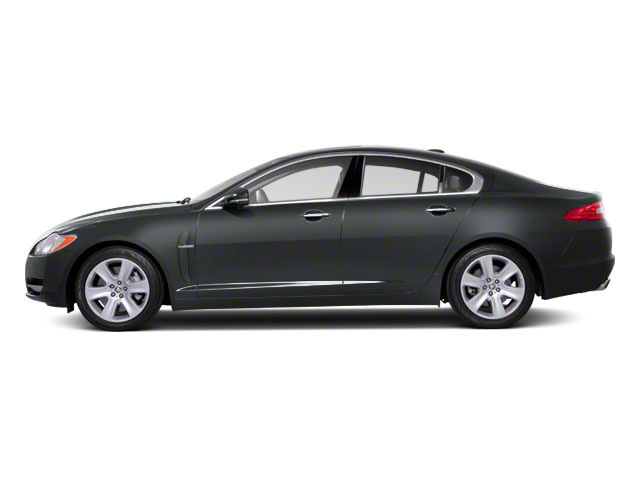
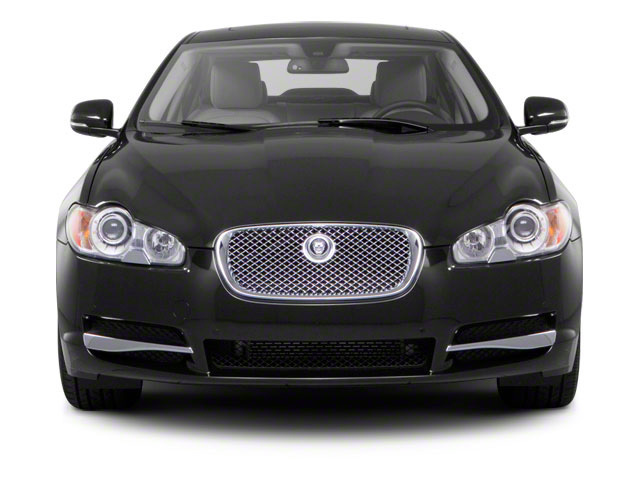
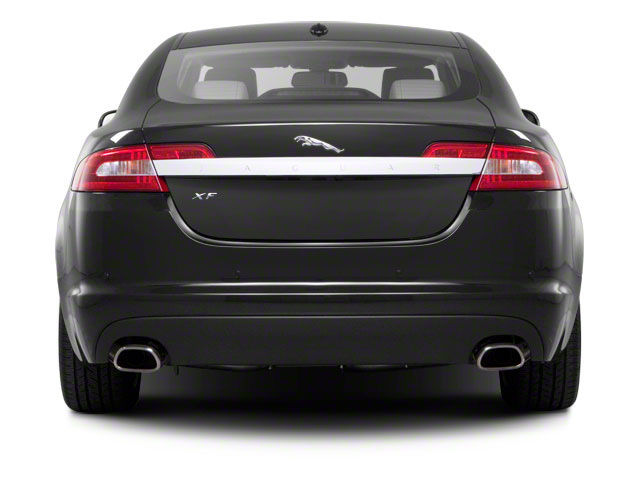
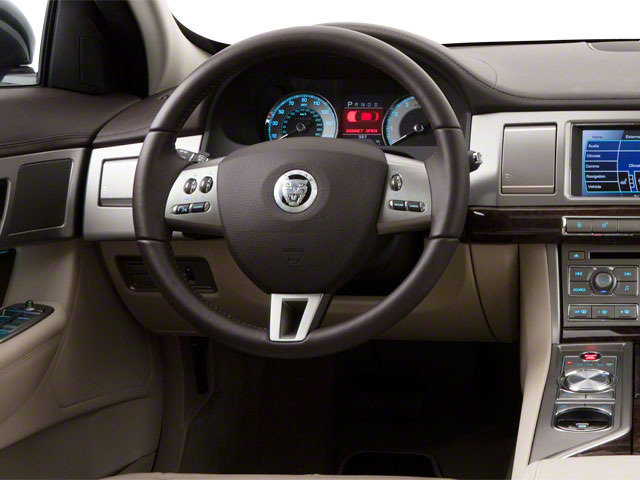
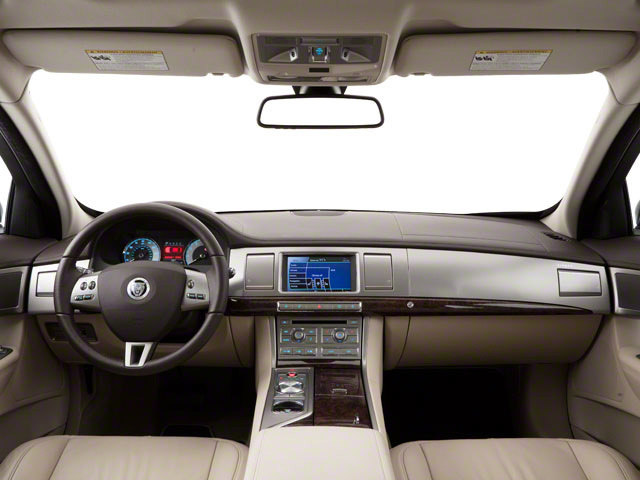
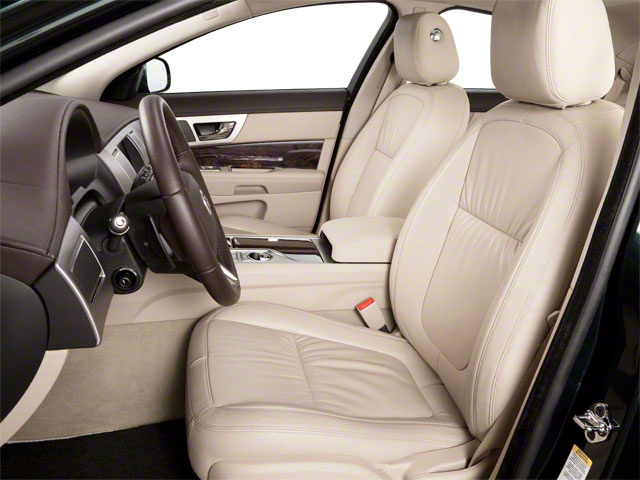
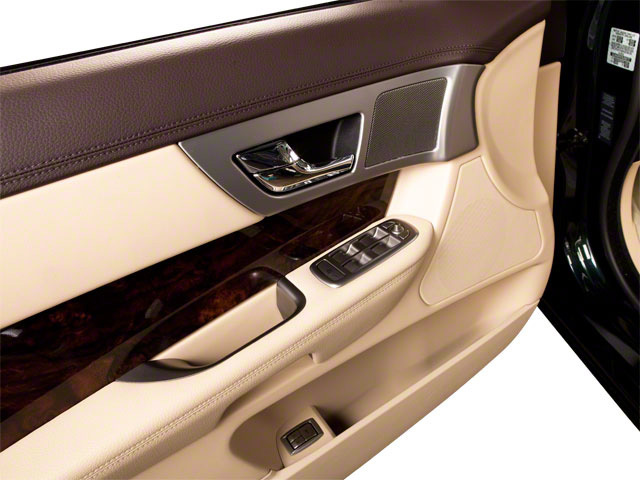
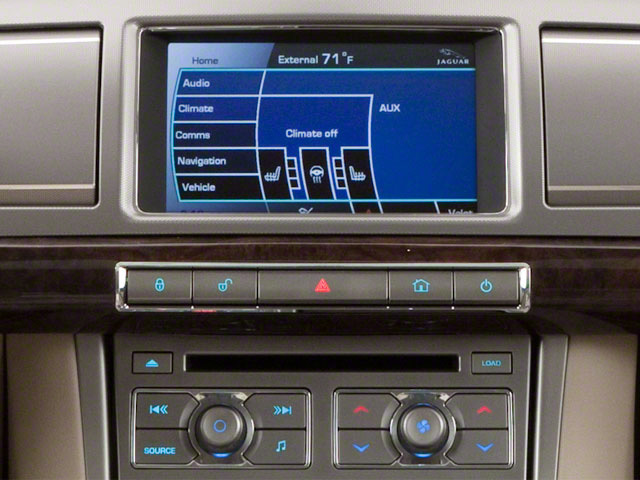
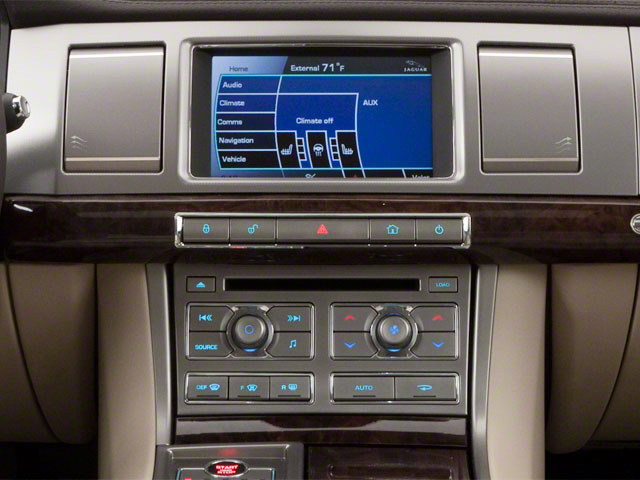
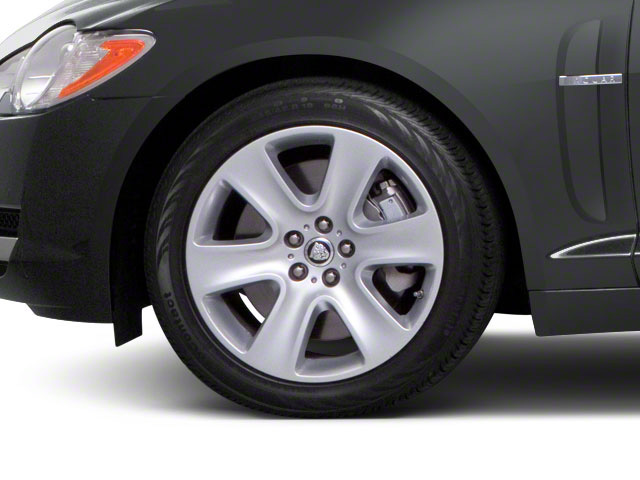
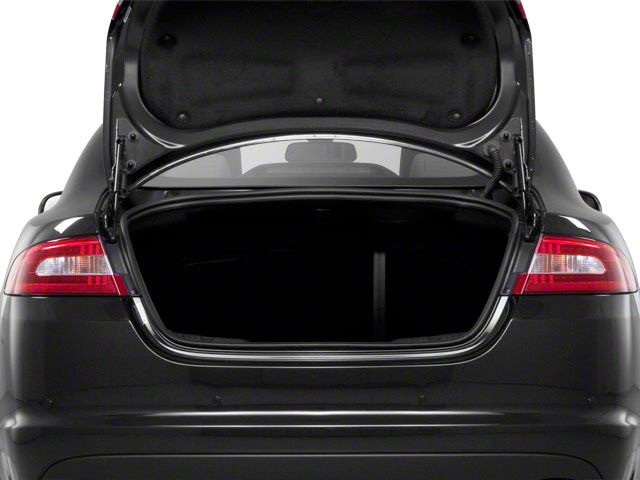
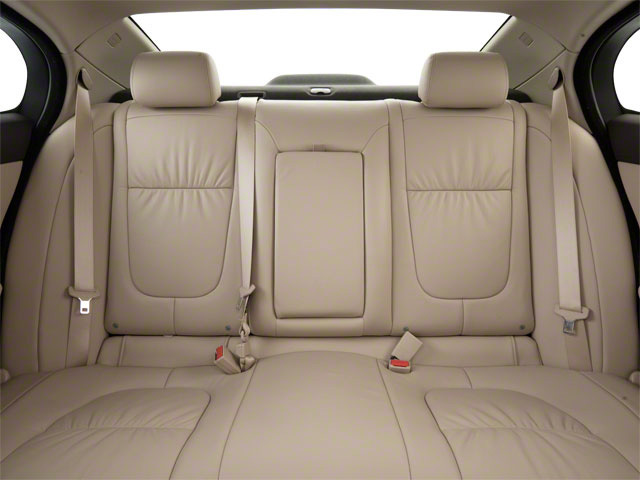
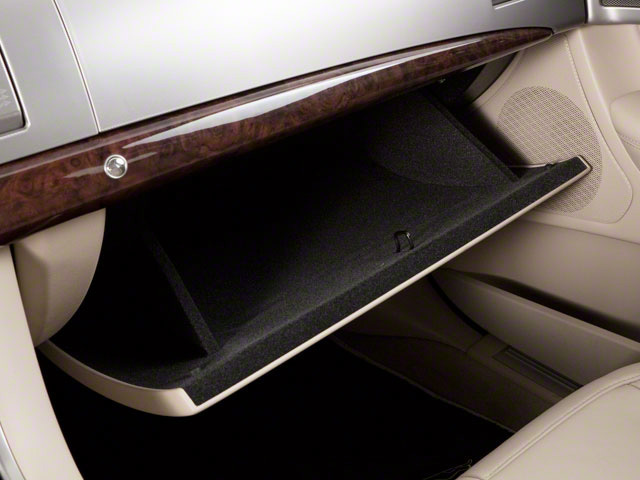
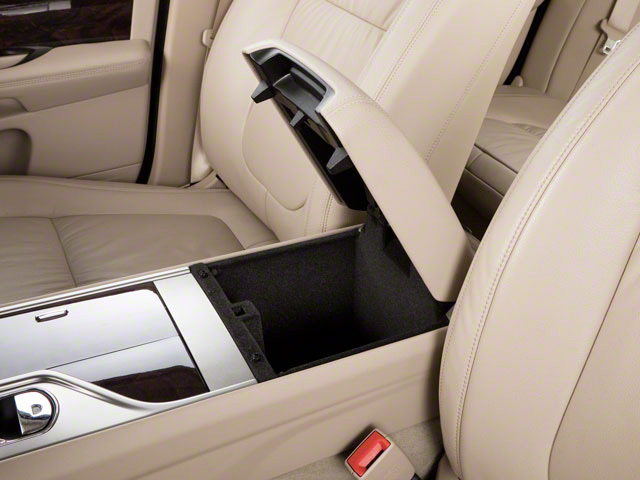
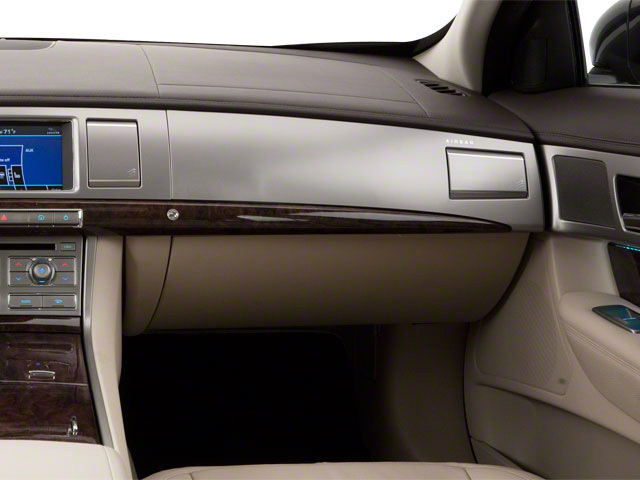
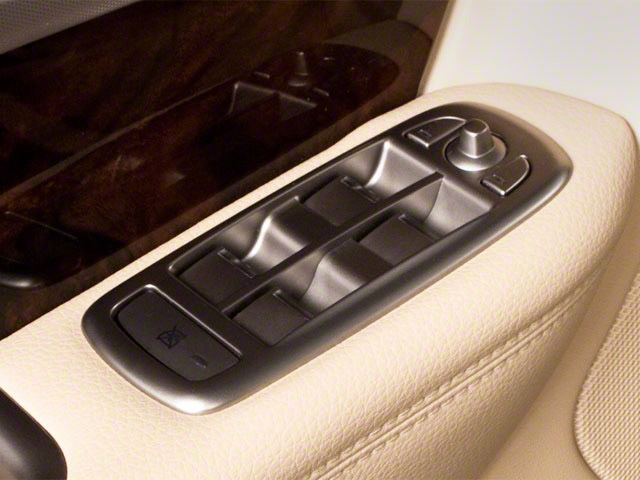
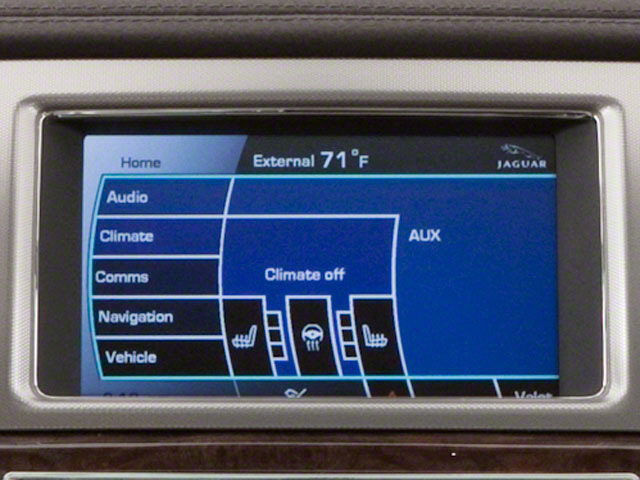
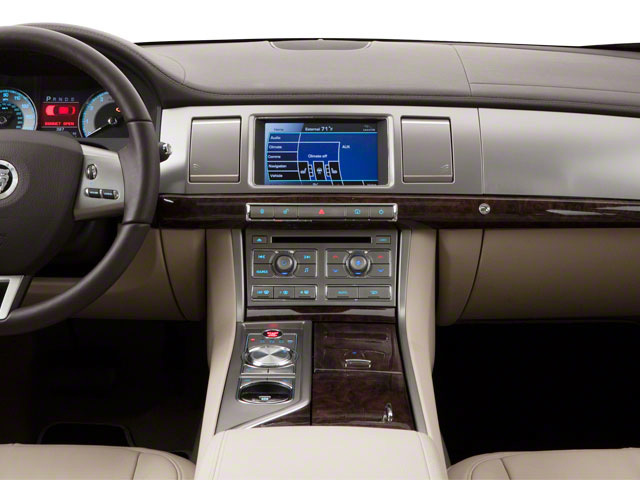




















AutoTrader Review


This vehicle has not yet been reviewed








